The Blog
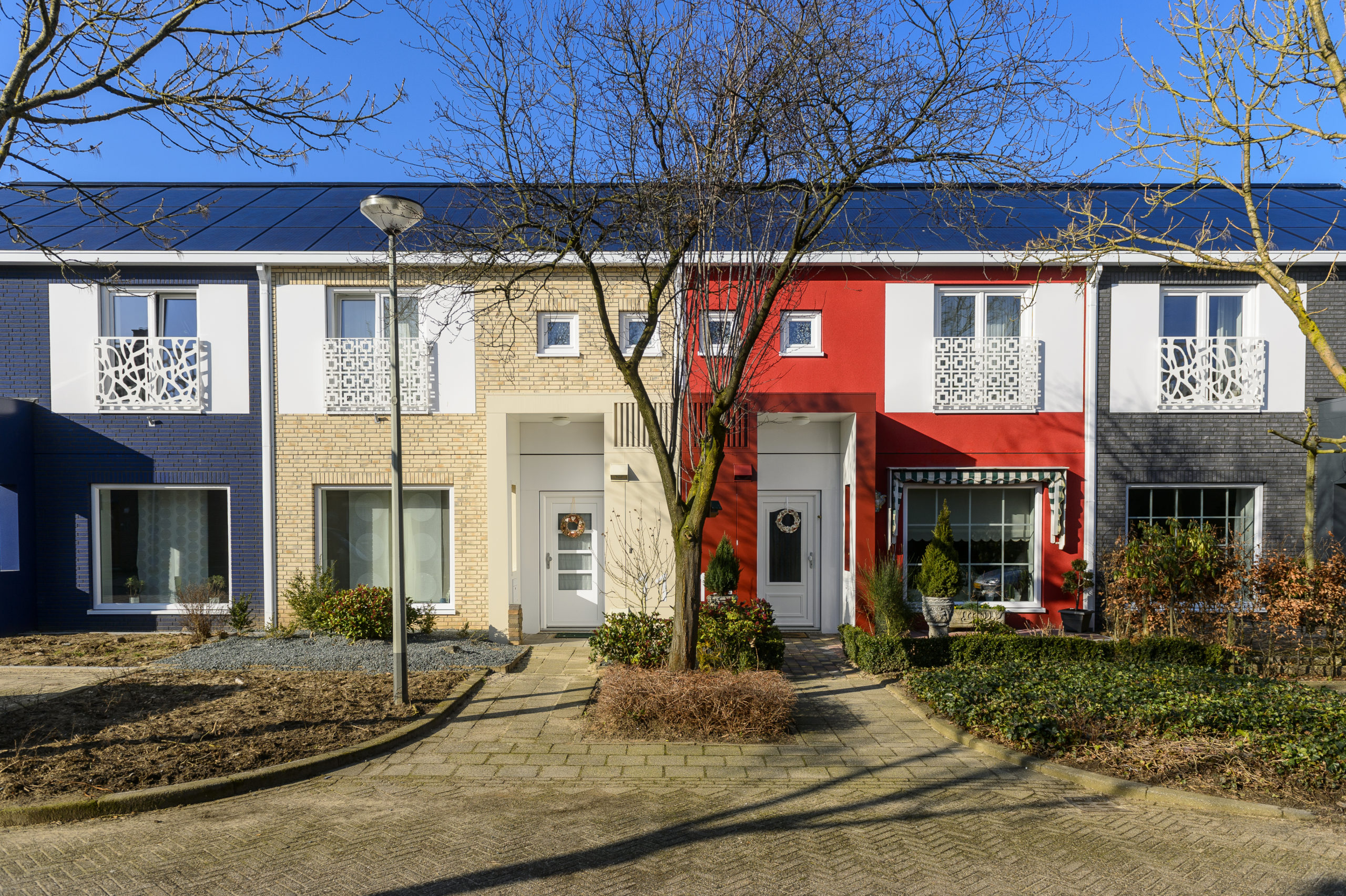
The whole house approach to renovation
EnergieSprong can be translated as the ‘Energy Leap Forward’, a progressive whole house approach to retrofitting homes rendering them net zero energy with a guarantee that they will remain as such for the next 30 years. Originating in the Netherlands, the approach has been adopted in the UK, France, Germany and Northern Italy and initiatives inspired by EnergieSprong are underway in both New York and California.
The EnergieSprong approach
In France, the EnergieSprong approach is being spearheaded by environmental services company GreenFlex, whose focus is on helping its customers to integrate environmental and social values in their activities in order to steer them towards what it calls a “regenerative economy”. The EnergieSprong method is mainly implemented in individual and collective renovation projects led by social landlords and carried out by construction companies. GreenFlex is experimenting with extending the approach to schools and the private housing sector.
We spoke to Camille Simon, senior sustainable development consultant at GreenFlex, to understand how the EnergieSprong concept came about and the opportunities it offers in addressing the cold homes crisis and eliminating fuel poverty across Europe.
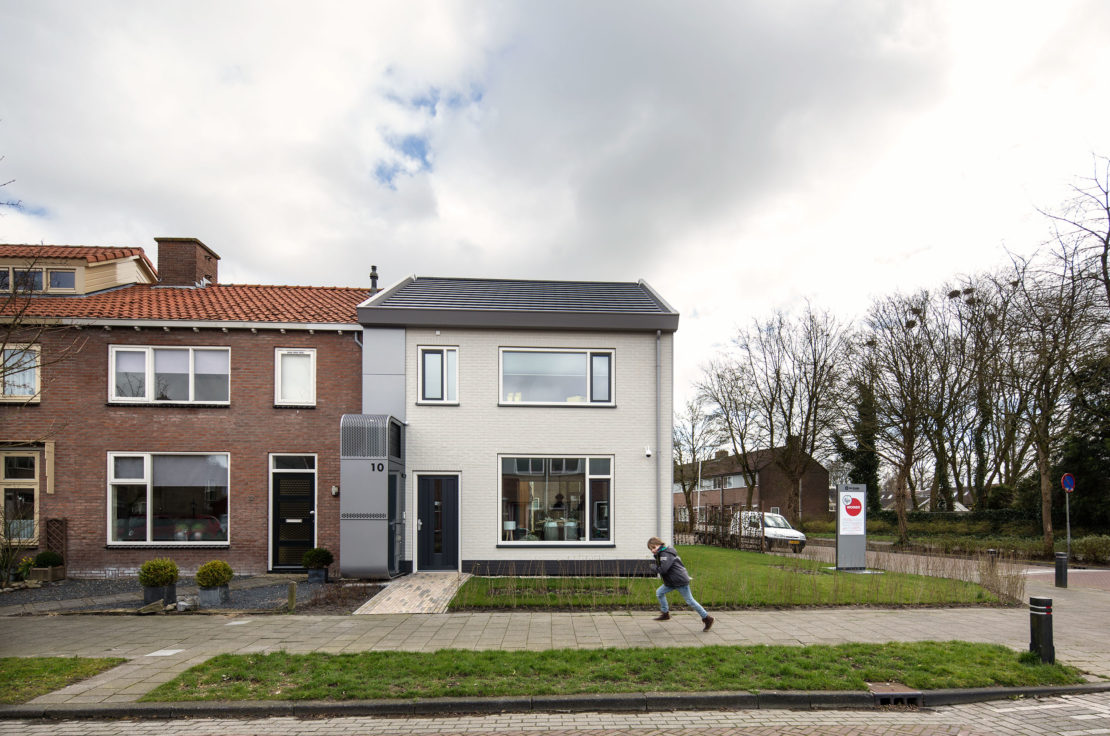
How did GreenFlex start working on the EnergieSprong approach with its clients?
When we were initially introduced to EnergieSprong, we were immediately convinced by its potential to address the cold homes crisis and retrofit energy inefficient housing on a wider scale both in France and across Europe. We were impressed with its innovative approach to retrofits, which broke with conventional methods used in France. In order to rethink the way we work with all the stakeholders in the sector, we believe innovation is key!
We also believed that EnergieSprong was unique in its response to the environmental challenges we face today in the building sector, an issue which is at the heart of the GreenFlex mission.
With this in mind, in 2016 we decided to spearhead the Dutch approach in France after receiving European Union funding through the ‘Interreg E=zero’ and ‘EU Horizon 2020 Transition Zero’ programs. The results from the initial projects were so positive that we decided to continue to develop and extend the approach in France and since 2018, we have been able to do so with funding from the EU’s ‘Interreg MustBe0’ program and CEE EnergieSprong France, a program launched by the French Ministry for the Ecological Transition and Solidarity taking advantage of funds raised through energy savings certificates.
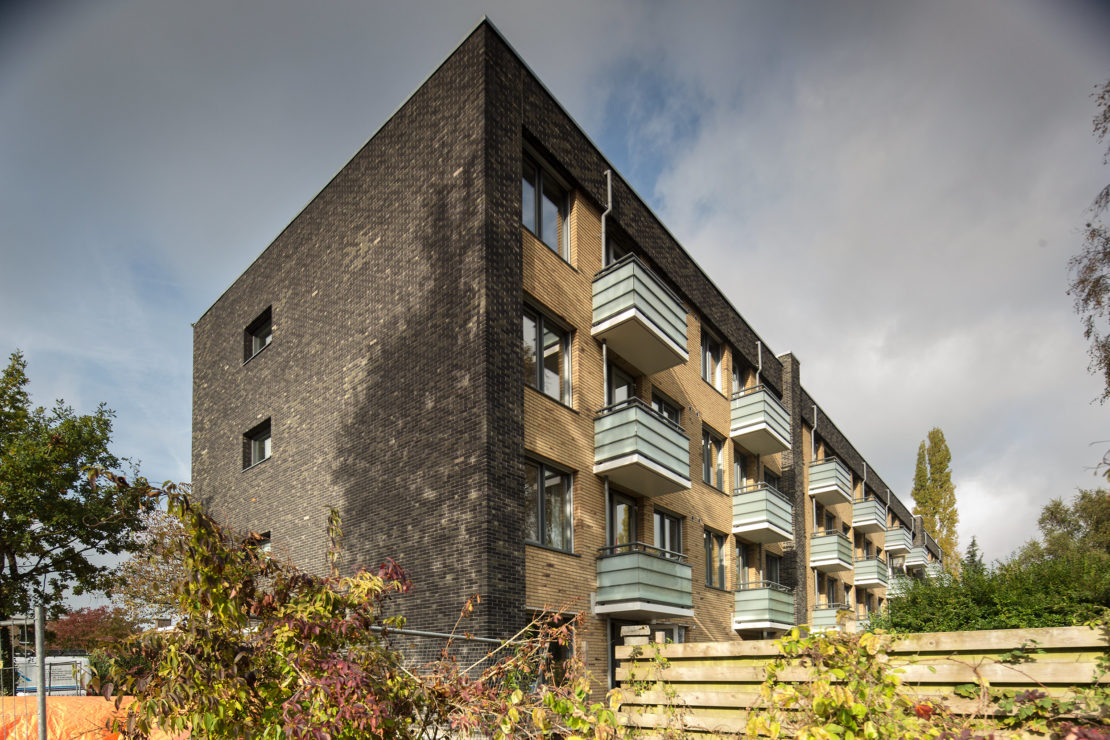
What is EnergieSprong’s mission and how is it achieved?
The EnergieSprong approach has 4 objectives: to eradicate fuel poverty and provide high levels of comfort and satisfaction for occupants; to ensure any renovation work can be done quickly and with minimum disruption to occupants on site; to play an active role in regional and national movements to drive an ever larger volume of affordable high energy performing housing overseen by robust collective governance practices; and finally, to ensure a return on investment over the long term.
It achieves these objectives by having a result-driven whole house retrofit approach based on 4 requirements. First, the attractiveness of the solution is paramount to its success. An EnergieSprong retrofit needs not only to be pleasing on the eye but offer occupants a high level of comfort based on high quality solutions that are easy to use and operate. Satisfaction surveys are regularly conducted among occupants to ensure that they are satisfied with the solutions implemented.
Second, the speed of an EnergieSprong renovation is also a key requirement and where possible, developing off-site solutions, such as wall insulation, to install them quickly and with minimal disruption to occupants is a preferred approach to meet the requirements of the specification.
Third, an EnergieSprong retrofit must render a home net zero energy, meaning that it consumes only as much energy, if not less, than it produces through greater energy efficiency and renewable energy production.
In order for a home to be net zero energy, everything is taken into account from the heating and hot water to the electricity used to power all the devices used on a daily basis. The specifications of the EnergieSprong approach aim to guarantee the energy autonomy of the building over a period of 30 years, which means that all stakeholders in the project are responsible for ensuring that the renovation is of high quality and sustainable.
Finally, it’s about accessibility. The quality of an energy renovation, as well as the incomes obtained thanks to the renewable energy generated – for example through the installation of solar panels – are important issues since they must ensure a return on investment over the long term. In fact, the more this approach and the solutions it offers are deployed on a large scale, the lower the costs: the objective is to make the approach financially more accessible for landlords and, in fact, beneficial for more tenants.
Discover the EnergieSprong method in video :
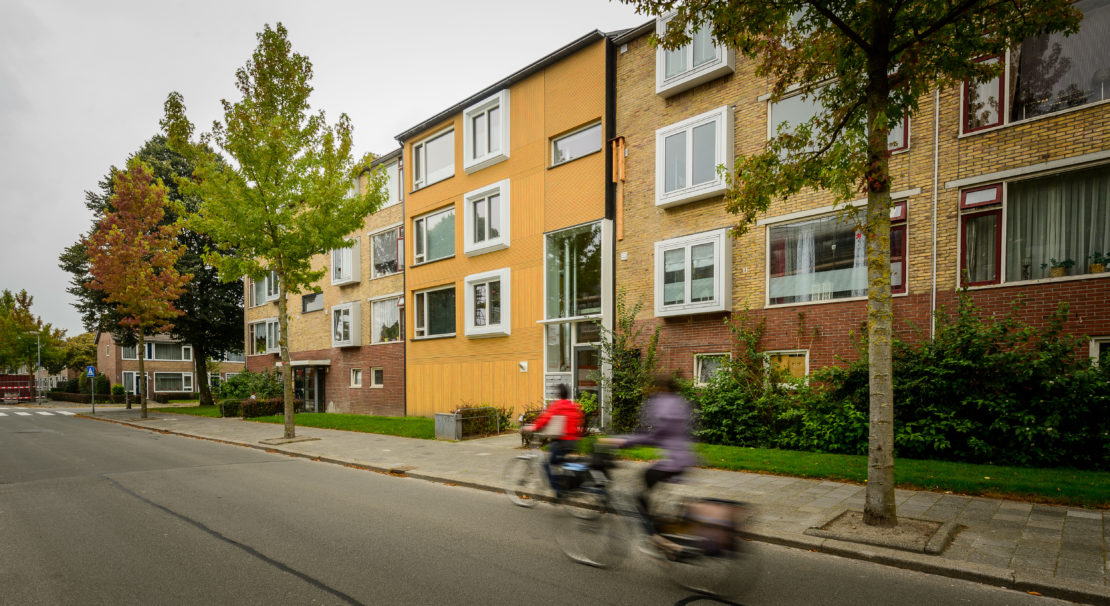
Why is the global nature of housing renovation to be favoured?
If you insulate the façade of a building without insulating the loft or the roof, you’re not going to save much energy. Piecemeal retrofits don’t achieve a great deal of energy savings for the occupants and are more costly over time. When it comes to insulation, insulating the entire building is key to avoiding heat and energy loss but it also needs to be coupled with other energy saving solutions in order to provide a ‘whole house’ retrofit that brings meaningful savings, reduces CO2 emissions, and improves comfort for its occupants.
Indeed, when it comes to comfort, the EnergieSprong whole house approach to renovation provides improved thermal comfort for occupants throughout the year, guaranteeing good indoor air quality and ventilation.

Consultant at GreenFlex
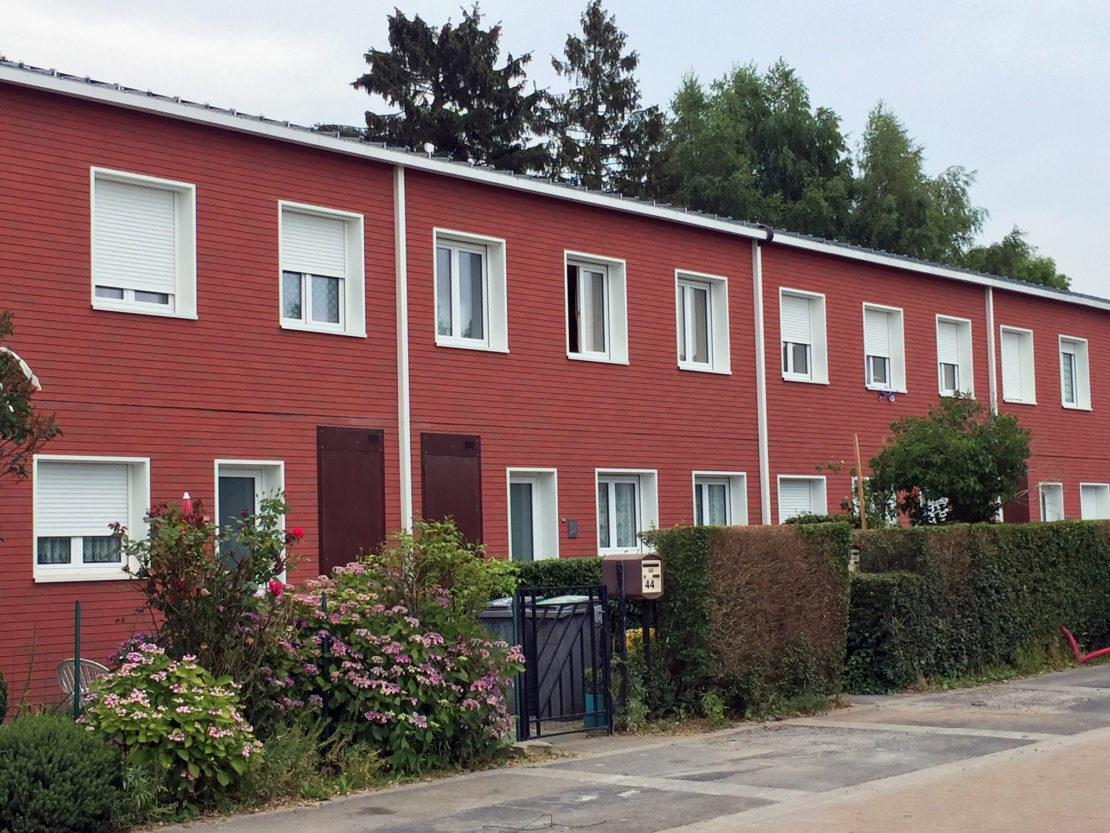
How successful has EnergieSprong’s whole house approach been?
The feedback we have received from the tenants of buildings that have undergone an EnergieSprong retrofit has been very encouraging.
To ensure the success of a retrofit, we think it’s important to work closely with the occupants of a building for the duration of the project. They need to be able to understand the retrofit and how to operate any new technologies that have been installed as well as how they themselves can adjust their everyday energy consumption habits and behaviours to ensure their home is as energy efficient as possible over time. We have worked with other organizations such as the Rexel Foundation in this respect.
In 2016 the projects we were working on encompassed a dozen or so properties. Today, that number has grown to several hundred and demand continues to grow every day with mounting proof that whole house retrofits using the EnergieSprong approach, are not only technically possible but have delivered real-life results.
Discover the testimonials of the occupants in video:
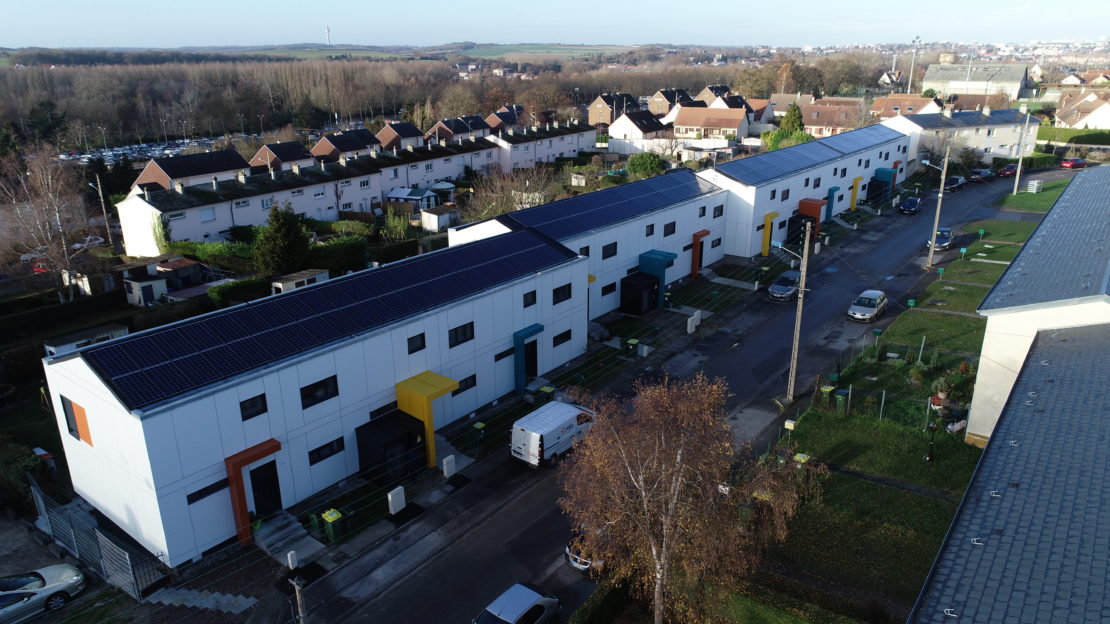
Energy retrofit: a key focus of the Rexel Foundation
The Rexel Foundation for a better energy future was launched in 2013 to improve access to energy efficiency for all. In addition to sponsoring social innovation projects, community based projects as well as supporting studies and research programs to improve knowledge and understanding of energy efficiency and innovation in this field, the Foundation also offers its own skills and expertise in the fight against fuel poverty.
Thanks to its social innovation projects, for example in Roubaix (France), the Rexel Foundation has given a voice to local residents and helped the social housing associations they are working with to better understand how to engage tenants in their retrofit projects. This includes the production of a building guide, written in partnership with tenants who have experienced fuel poverty in the past, which provides useful tips on how to adjust everyday behaviours to be more energy efficient and demonstrates how they can better manage their energy consumption and use the new energy equipment most effectively.
Between 2017 and 2019, the Rexel Foundation was also involved in a project in France with the Association Nationale des Compagnons Bâtisseurs to help residents in five disadvantaged neighbourhoods to energy retrofit their homes, acquire a better understanding of how to be more energy efficient and take advantage of community facilities. The Rexel Foundation helped finance the initiative, before evaluating the results and understanding how this pilot project could be disseminated across France via the New National Program for Urban Regeneration (Nouveau Programme National de Rénovation Urbaine), a nationwide initiative which aims to regenerate 200 priority neighbourhoods by 2024. You can read more about this project here.
Other energy retrofit projects that the Rexel Foundation has sponsored over the years include, a microdonations program with Energie Solidaire to help finance the energy retrofit of low-income households, and a research project with French NGO GERES – Group for the Environment, Renewable Energy and Solidarity – to develop a new business model which would encourage contractors to take on the energy retrofit of low-income households by highlighting the profit-making opportunities.
“The Rexel Foundation is committed to promoting access to energy efficiency for all and, in this context, working with experts such as GreenFlex through its EnergieSprong approach, GERES and the Compagnons Bâtisseurs enables us to make progress in the fight against fuel poverty and the isolation that this generates for the populations that are affected by it.” Bertrand de Clermont Tonnerre, General Secretary of the Rexel Foundation for a better energy future and Rexel Group Sustainable Development Director.
You can find out more about these as well as other Rexel Foundation energy retrofit projects on the dedicated website.
